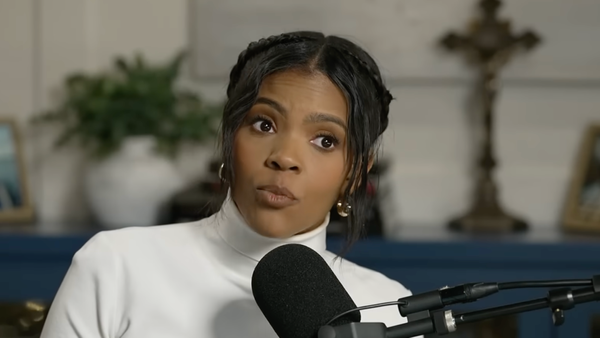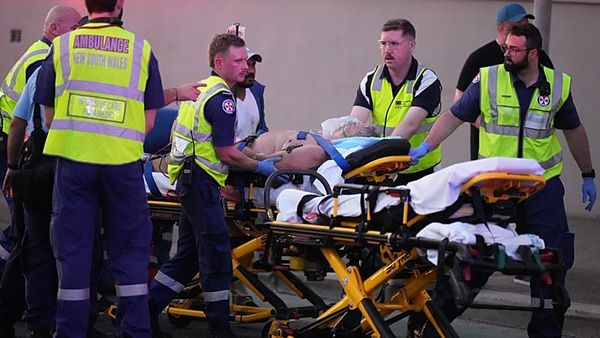
Australia should strike a deal with the US to have the first of its nuclear-powered submarines built in Connecticut as “there’s too much risk in doing it on our own”, the shadow defence minister, Andrew Hastie, has declared.
Speaking before senior Australian ministers meet their counterparts in the US this week, Hastie said Australia should seek one or two Virginia-class submarines off the US production line by the end of 2030.
Hastie did not deny this may require Australia to subsidise the expansion of the US’s already-crowded production line, but said the strategic circumstances meant there was no time to waste.
Authoritarian powers were “on the move” and it would take too long to start the flagship Aukus project with Australian domestic production, he said.
“Too long, too long – and there’s too much risk in doing it on our own,” Hastie said.
“We need to get a boat in the water, or two boats in the water, and at the same time be building the capacity here.”
The opposition leader and former defence minister, Peter Dutton, has previously floated the idea of buying the first submarines from the US, but Hastie’s new comments strengthen those calls at a critical time.
Aukus will be at the top of the agenda when the defence minister, Richard Marles, and foreign affairs minister, Penny Wong, hold annual talks with their US counterparts, Lloyd Austin and Antony Blinken, in Washington DC this week.
Marles is also expected to join the US ambassador to Australia, Caroline Kennedy, on a visit to the site in Connecticut that builds nuclear submarines.
Hastie called for “increased diplomatic engagement with the United States, not just across the legislature, but also through the bureaucracy”.
“The US has been making nuclear subs for a long time, so this isn’t new to them. It is special to us – and you’ve really got to make sure our presence is known in Washington DC.”
Hastie said it would make “total sense to get a boat or two off the production line into the water” this decade but this should not delay work to train Australian submarine crews and develop base facilities.
“Simultaneously we should be building our industrial base as well, searching for talent at the primary, secondary and tertiary levels for people who will be part of this nation-building industry,” he said.
Hastie cited the former Labor prime minister Kevin Rudd’s warnings that China was on track “to take action against Taiwan from sometime in the late 2020s or in 2030s”.
Hastie said Australia needed options during this “Rudd window” including new missiles and unmanned platforms such as drones.
“We need hard power, which gives us a deterrent against a would-be adversary. That means we need to be able to reach out and ring someone’s bell at distance and demonstrate risk in picking a fight with Australia,” he said.
“I think that’s what Aukus will deliver when we get our nuclear submarines, but we also need to look at other strike capabilities, whether they be unmanned or manned platforms, both subsurface and surface.”
Hastie said he was open minded about options that may be suggested by the defence strategic review conducted the former Australian defence force chief Angus Houston and the former Labor defence minister Stephen Smith.
“We want to work constructively with the government,” Hastie said.
“Our mission is the same as theirs and that is to have a strong Australia that’s capable of resisting an aggressor.”
Hastie said the war in Ukraine proved Australia also needed to strengthen its supply lines: “As a trading nation with the vast majority of our imports coming across the seas, we need to think about how we’re building our fuel stocks, our pharmaceutical stocks, and other essentials.”
Australia, the US and the UK have set a March deadline for decisions on how Canberra’s plans for at least eight nuclear-powered powered submarines can be achieved.
Any push for an offshore build, at least for the first couple of submarines, could be politically contentious in South Australia. The Labor premier of South Australia, Peter Malinauskas, has said it would “not be acceptable” for his state to miss out on promised submarine manufacturing jobs.
The UK defence secretary, Ben Wallace, is due to attend a meeting of the Aukus defence ministers in Washington DC later this week.







